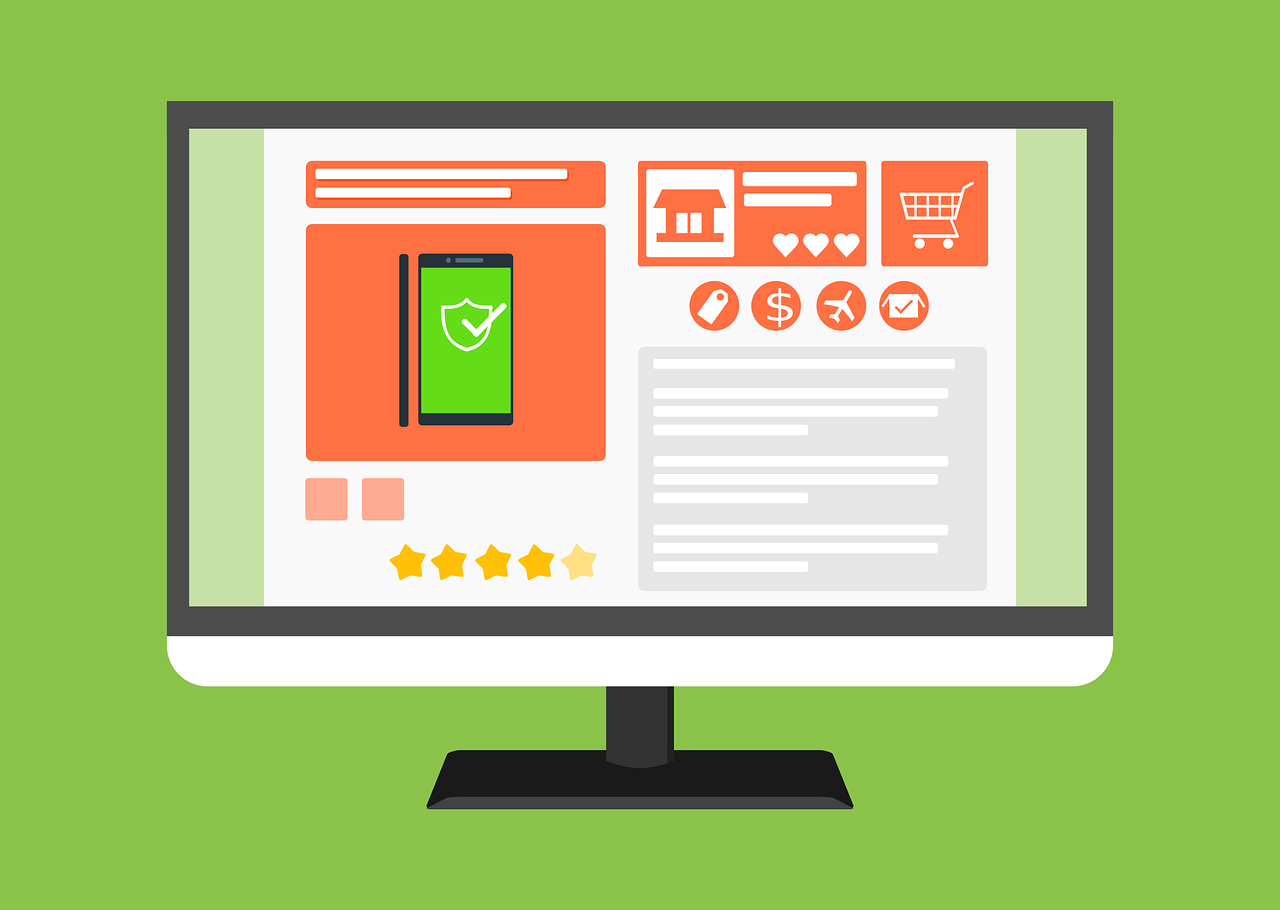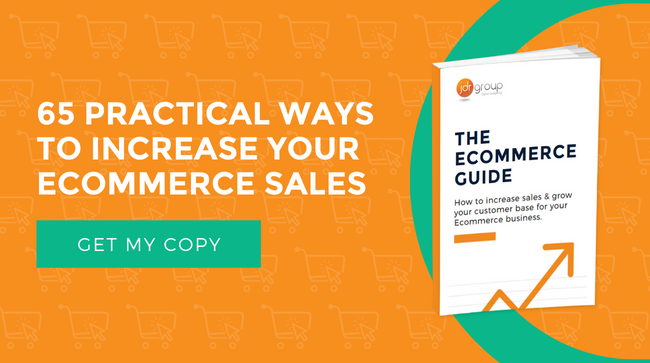6 Reasons To LOVE Shopify As An Ecommerce Platform

From humble beginnings in 2006, Shopify has grown to become the world’s leading turnkey e-commerce platform for small online retailers. Alongside other easy-access website hosting platforms, such as Squarespace, Shopify has made it easier than ever to sell products online and has largely cornered the B2C micro-business market. But should larger e-commerce B2C retailers and B2B businesses also be taking notice of Shopify as a viable route to market? We believe that yes, they should, and in this article, we present the six biggest reasons we love Shopify, and why you should get to know it too.
What is Shopify?
Shopify is an e-commerce web hosting platform that provides a full e-commerce service using the Software as a Service (SaaS) model used by many cloud software providers. Shopify looks after all the front-end and admin processes for you, including hosting, server updates, and security, and provides a range of easily customisable and intuitive templates you can use to build your online store. Simply put, Shopify takes all the time, technical headaches, and expense out of building an online shop, which can easily run into the tens of thousands of pounds when using a conventional developer.
The best things about Shopify for small businesses
1) Convenience
For small businesses, the service offers everything they need to launch and maintain an e-commerce platform in a gift box, providing unparalleled convenience and value for a modest monthly subscription. Using Shopify effectively breaks the glass ceiling for small online retailers, allowing them to compete effectively with larger businesses and integrating seamlessly with Amazon marketplace, eBay, and industry-specific aggregator sites. It’s perfectly achievable to sign up for Shopify, create an awesome site, and start making sales, without having to know a scrap of code.
2) Scalability
Shopify stores are completely scalable, with dozens of native features and hundreds of useful apps and mods developed by third parties. You can use a Shopify site as a stand-alone online store, use it to sell products directly through your company website, and integrate it with your social media platforms and online marketplaces. The flexible structure of each Shopify site allows you to effortlessly expand your product range, implement special offers, and create personalised incentives for your customers.
3) Easy inventory management
One of the most onerous aspects of running an online retail business is keeping your stock catalogue and inventory up-to-date. Shopify has an easy-to-use inventory management system that streamlines and automates the process for you, saving valuable time managing your store and ensuring the information on your shopfront is accurate and up-to-date.
4) Digital marketing integration
From a marketing perspective, Shopify sites are set up to succeed in digital marketing from the word go. The platform has a range of inbuilt blogging, email marketing and SEO tools which, while they are not the most sophisticated on the market, are more than sufficient to get you started reaching new customers, running marketing campaigns, and automating your marketing tasks. The native Shopify marketing tools covers all the basics you need to make money through your site and, best of all, there is ample cross compatibility with leading third-party marketing apps for added functionality.
5) Abandoned shopping cart follow-up
One of the first things we recommend e-commerce businesses do when setting up email marketing campaigns, is to create reminder and recovery emails for customers who abandon their shopping carts before completing a purchase. This is an infuriatingly common issue for online retailers, so we were delighted to discover that Shopify provides an abandoned shopping cart recovery service as standard, which tracks incomplete transactions and emails the customer to remind them to complete their purchase. These messages can be customised to provide an incentive – such as a discount or value-added content – to encourage the shopper to return to their basket, and you can keep track of your cart abandonment rate through the Shopify reporting and analytics toolbox.
6) Secure payment system
Shopify allows users to process secure payments through its own payment gateway, accepting payments through all main credit and debit card providers, as well as PayPal, Klarna, Apple Pay and other systems. Multiple currency support is available, too. Users of other payment gateway providers will find it easy to link their chosen system to their Shopify accounts, although Shopify does levy a small transaction fee on each payment not processed through its gateway – so the native system is well worth investigating.
Grow your online retail business with Shopify and JDR
For B2C online retailers and B2B businesses interested in increasing online product sales, Shopify offers an easy route into the e-commerce market and a means of integrating their e-commerce content with their digital marketing strategy. This allows greater visibility for retail businesses, higher website traffic and, crucially, more opportunities for making online sales.
Working with a specialist digital marketing agency, such as JDR, gives you even more scope to build your customer base through targeted customer incentives, social media outreach, search engine optimisation, email marketing and other proven digital strategies – all designed to drive customers to your Shopify portal. To find out more about using Shopify as part of your digital marketing and sales strategy, please get in touch with one of our team today.
Image Source: Pixabay



